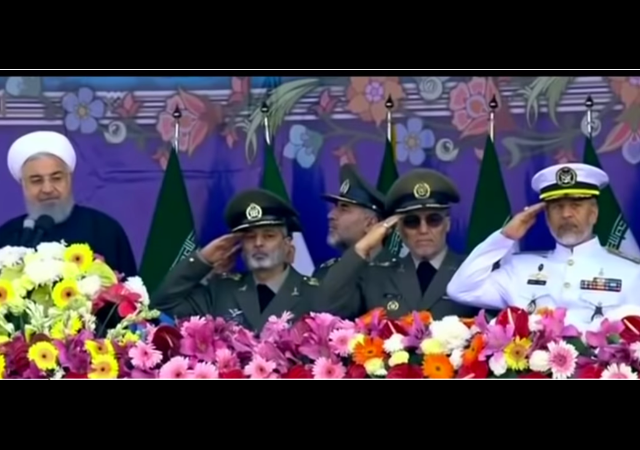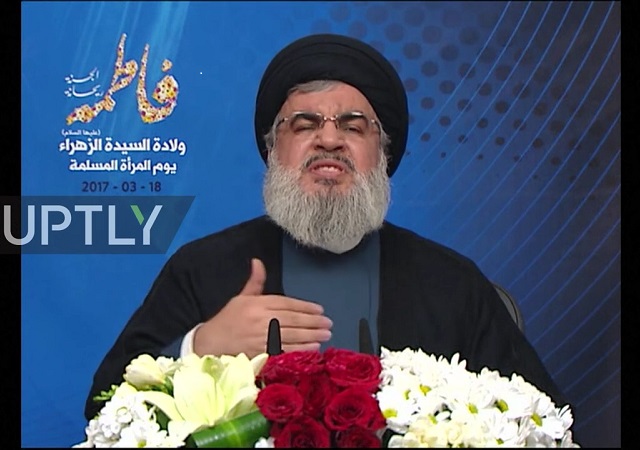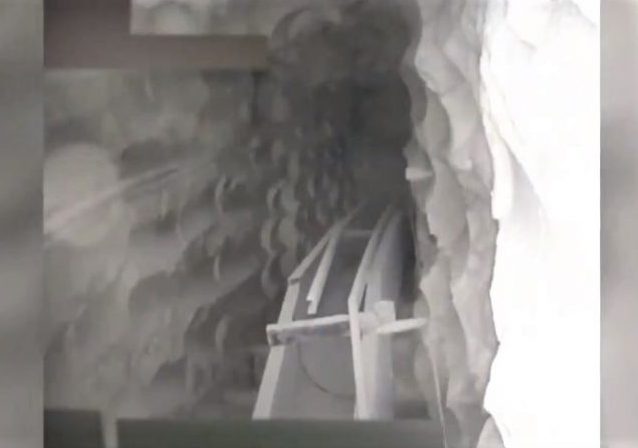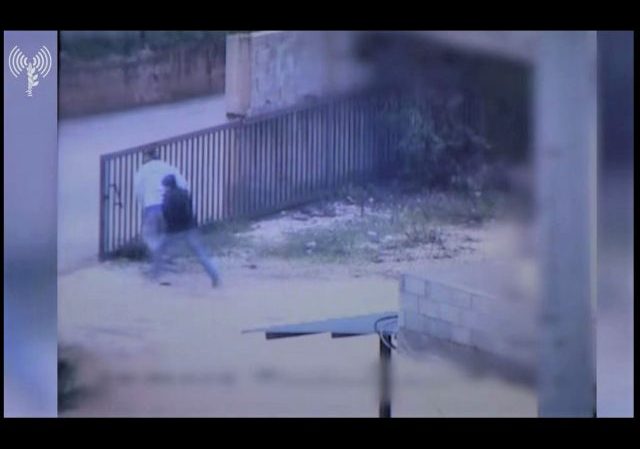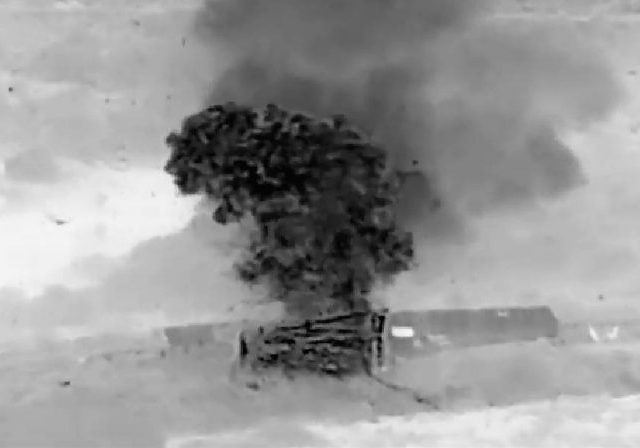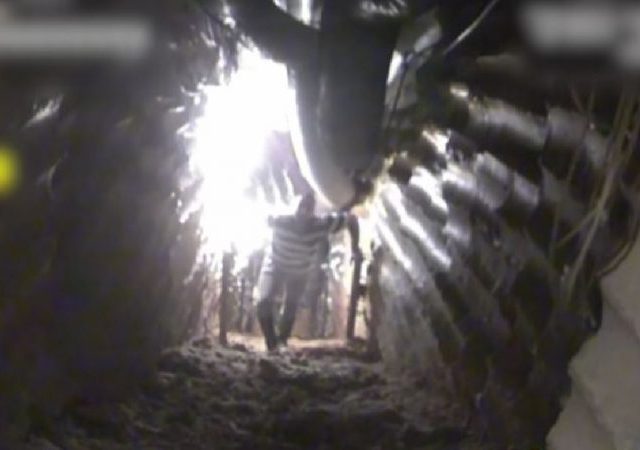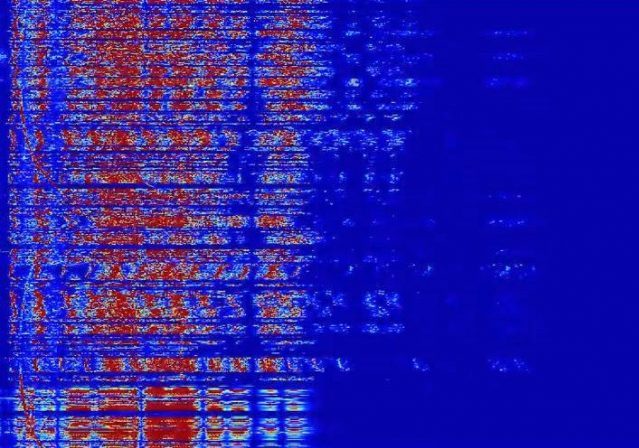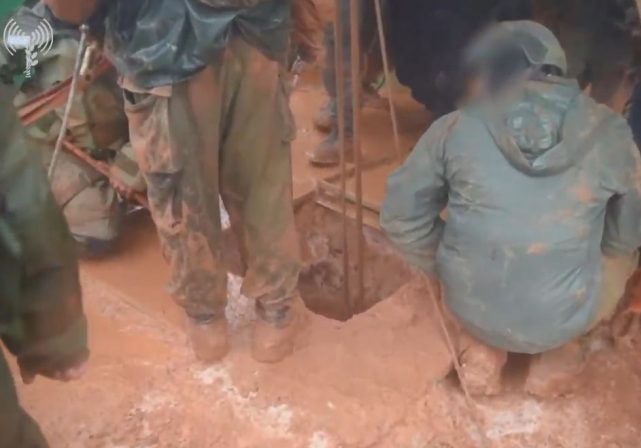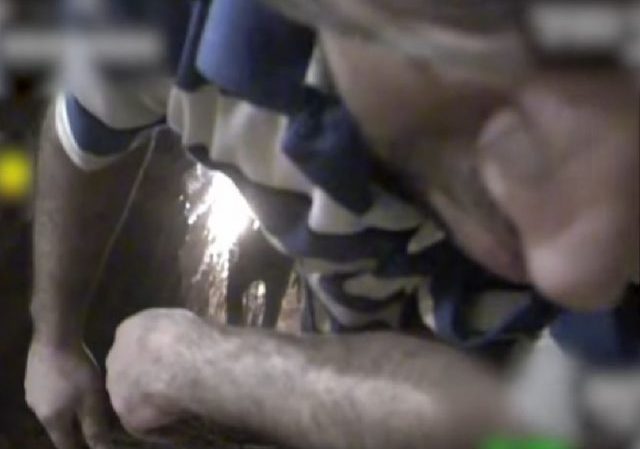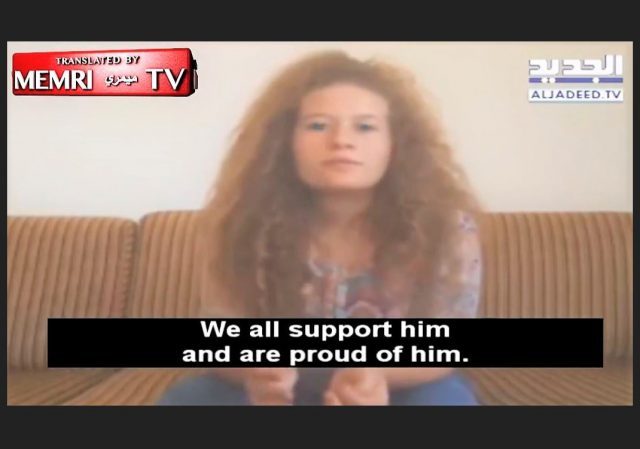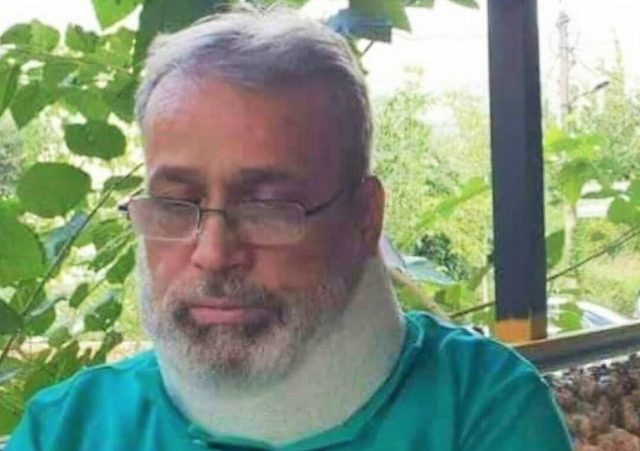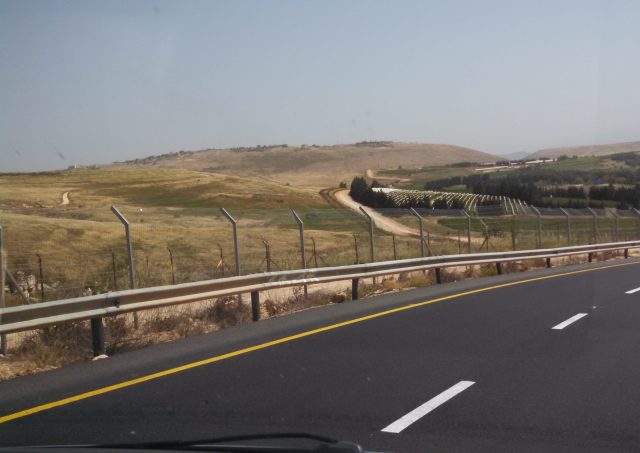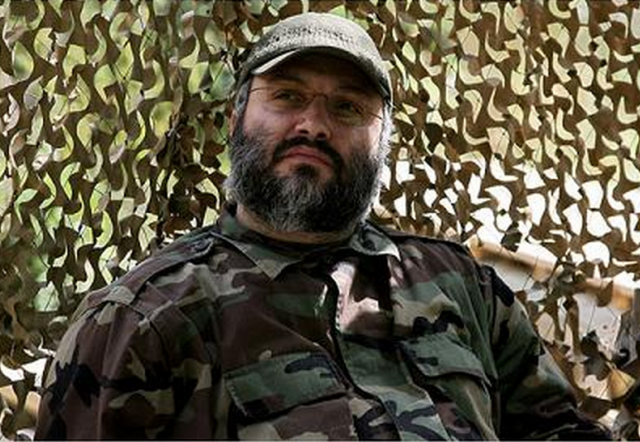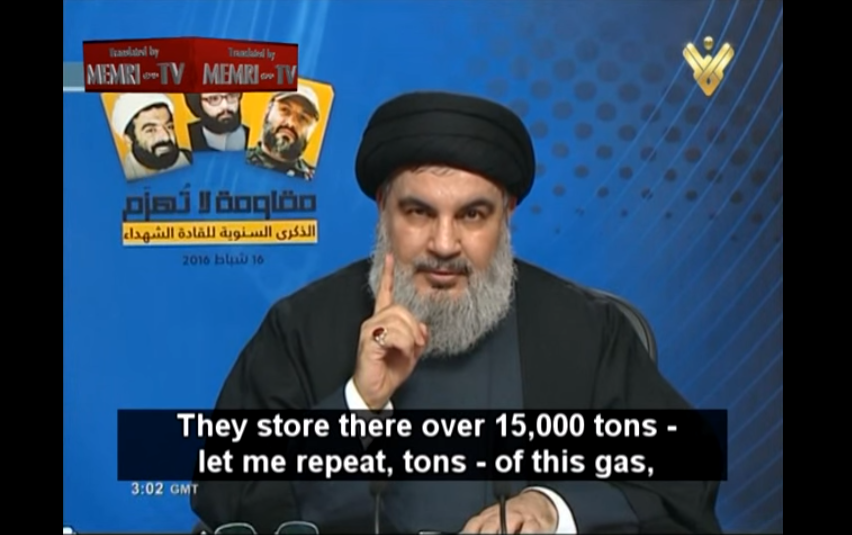Trump Designates Iran’s Revolutionary Guards as Terrorist Group
on April 08, 2019
20 Comments
The White House has officially designated Iran's Revolutionary Guard Corps (IRGC) as a Foreign Terrorist Organization (FTO).
In a statement, President Donald Trump said that he and the Department of State "recognizes that Iran is not only a State Sponsor of Terrorism, but that the IRGC actively participates in, finances, and promotes terrorism as a tool of statecraft" and that the IGRC is the Iranian regime's "primary means of directing and implementing its global terrorist campaign."

